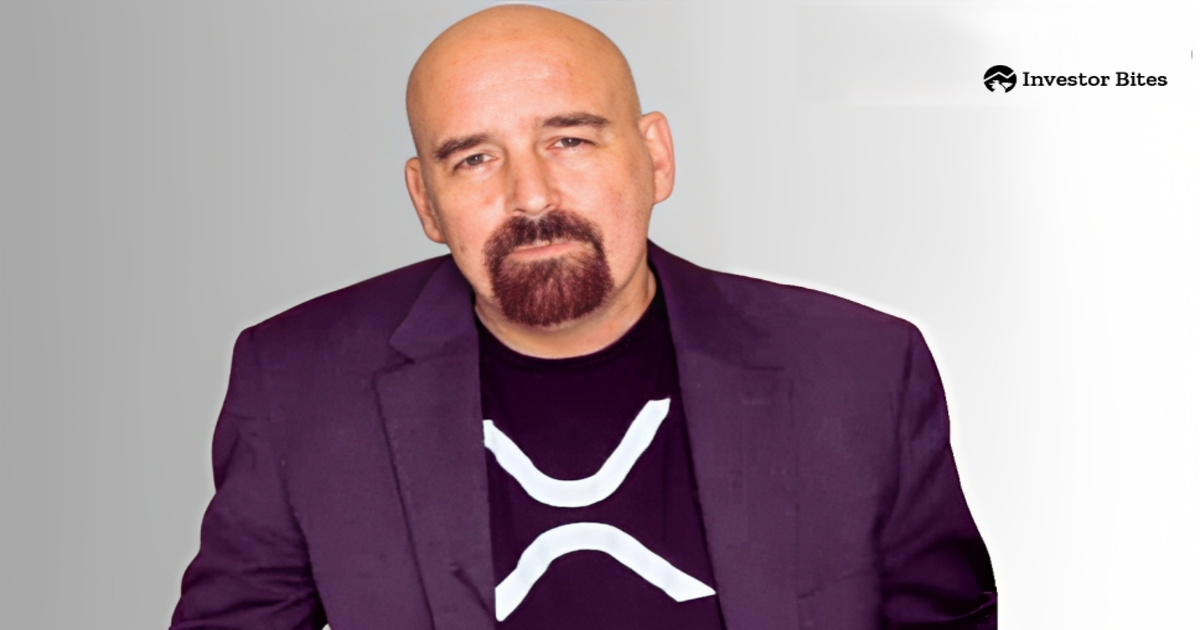
SNEAK PEEK
- Ripple and XRP’s intricate relationship sparks considerable legal debate.
- The majority of first-time XRP buyers were unaware of Ripple’s existence.
- XRP’s status as security remains a contentious and complex issue.
In the sprawling world of cryptocurrencies, Ripple and its affiliated digital asset, XRP, have always been at the epicenter of discussions. However, the delicate nuances that underpin their relationship remain largely under-explored. Significantly, the core issue concerns whether XRP’s value is closely tied to Ripple’s efforts, which has far-reaching legal implications.
Yes, I said there are people like you out there as well. And, if Ripple had direct contact with you and sold you XRP, there is a valid argument that the Howey test was met because in that scenario 1) you gave💰 to ripple for XRP; 2) you entered into a common enterprise with… https://t.co/Sy9Zr94bOO
— John E Deaton (@JohnEDeaton1) June 24, 2023
Undeniably, reports suggest that many cryptocurrency enthusiasts purchased XRP without delving into the intricate dynamics of the company behind it, Ripple. According to attorney John E. Deaton, a vocal figure in this discourse, a staggering majority – over 52% of first-time XRP acquirers – were oblivious to Ripple’s existence. Hence, their investment was primarily influenced by XRP’s potential rather than any anticipated action from Ripple.
Even so, this doesn’t discount the section of investors who, aware of Ripple’s ambitious vision, intentionally invested in XRP. They recognized the strong leadership in Ripple, including luminary figures such as CTO David Schwartz, also known as Joel Katz. As a result, they were convinced Ripple’s endeavors would enhance XRP’s utility and market value.
However, this creates a multifaceted scenario. For instance, if Ripple had direct contact with buyers and sold XRP, the Howey test – a US legal litmus for distinguishing securities – might be met. However, this scenario doesn’t apply to investors who acquired XRP through secondary markets or for non-investment purposes.
Moreover, the question of whether XRP itself is a security remains a contentious one. Even if Ripple did sell an investment contract with XRP as the underlying asset, Deaton contends that this wouldn’t convert XRP into a security. This complexity has piqued the interest of investors like Jesse Hynes, who diligently research before making investment decisions.
In conclusion, the interplay between Ripple and XRP is a maze of considerations, with investors taking different paths based on varying levels of understanding. Despite the complexities, one thing remains clear: whether XRP is a security is far from black and white.
- SEO Powered Content & PR Distribution. Get Amplified Today.
- PlatoData.Network Vertical Generative Ai. Empower Yourself. Access Here.
- PlatoAiStream. Web3 Intelligence. Knowledge Amplified. Access Here.
- PlatoESG. Automotive / EVs, Carbon, CleanTech, Energy, Environment, Solar, Waste Management. Access Here.
- BlockOffsets. Modernizing Environmental Offset Ownership. Access Here.
- Source: https://investorbites.com/the-ripple-effect-john-e-deaton-distinguishes-between-xrp-and-investment-contracts/
- :has
- :is
- 1
- 12
- 22
- 24
- a
- According
- acquired
- Action
- Affiliated
- also
- always
- ambitious
- an
- and
- Anticipated
- any
- Apply
- ARE
- argument
- AS
- asset
- At
- attorney
- aware
- based
- BE
- because
- been
- before
- behind
- between
- Black
- buyers
- by
- Center
- clear
- closely
- Common
- company
- complex
- complexities
- complexity
- Concerns
- conclusion
- considerable
- considerations
- contact
- contract
- contracts
- convert
- convinced
- Core
- creates
- cryptocurrencies
- cryptocurrency
- CTO
- David
- David Schwartz
- debate
- decisions
- Despite
- DID
- different
- digital
- Digital Asset
- diligently
- direct
- Discount
- discussions
- Doesn’t
- dynamics
- e
- effect
- efforts
- endeavors
- enhance
- entered
- Enterprise
- enthusiasts
- Even
- external
- far
- far-reaching
- Figure
- Figures
- For
- from
- had
- Have
- hence
- However
- Howey
- Howey Test
- HTTPS
- i
- if
- implications
- in
- Including
- influenced
- instance
- intentionally
- internal
- into
- invested
- investment
- investor
- Investors
- issue
- IT
- ITS
- itself
- John
- known
- largely
- Leadership
- Legal
- levels
- like
- Luminary
- Majority
- Making
- many
- Market
- Market News
- Markets
- met
- might
- multifaceted
- news
- of
- on
- ONE
- or
- out
- over
- People
- plato
- Plato Data Intelligence
- PlatoData
- potential
- primarily
- purchased
- purposes
- question
- rather
- recognized
- relationship
- remain
- remains
- Reports
- research
- result
- Ripple
- Ripple and XRP
- Ripple News
- Said
- scenario
- secondary
- Secondary Markets
- Section
- Securities
- security
- sell
- significantly
- So
- sold
- Sparks
- Status
- strong
- such
- suggest
- taking
- test
- than
- that
- The
- their
- There.
- they
- thing
- this
- Through
- Tied
- to
- underlying
- understanding
- us
- utility
- value
- vision
- was
- WELL
- were
- whether
- which
- white
- WHO
- with
- without
- world
- would
- xrp
- You
- zephyrnet













